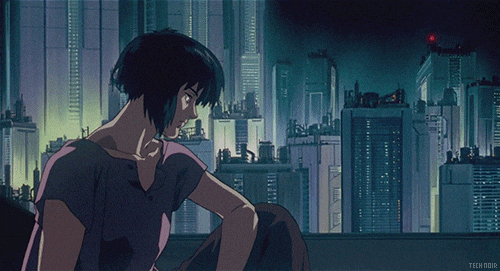In recent years, the anime film "Ghost in the Shell" has garnered significant attention not only due to its captivating storyline and stunning visuals but also for its thought-provoking social implications. The movie delves into themes such as identity, consciousness, and technology's impact on society, raising questions that resonate with our current world.
One of the most striking aspects of "Ghost in the Shell" is how it explores the concept of human identity in an age where cybernetic enhancements are becoming increasingly common. The film raises important questions about what makes us truly human and whether our physical bodies or digital selves define who we are. This theme has become even more relevant today as advancements in technology continue to blur the lines between man and machine, forcing us to reevaluate our understanding of identity.
Another significant social implication presented by "Ghost in the Shell" is its portrayal of surveillance culture. The film paints a dystopian future where every citizen's actions are monitored constantly, leading to concerns about privacy and freedom. As we witness rapid growth in AI-powered technologies that enable mass surveillance, these themes have become increasingly pertinent, prompting discussions on the balance between security and individual liberties.
In conclusion, "Ghost in the Shell" serves as a timely reminder of how technology can shape our society and challenge our understanding of what it means to be human. By exploring complex issues such as identity, surveillance culture, and the blurring lines between man and machine, the film encourages us to reflect on these pressing concerns and consider their implications for future generations.
